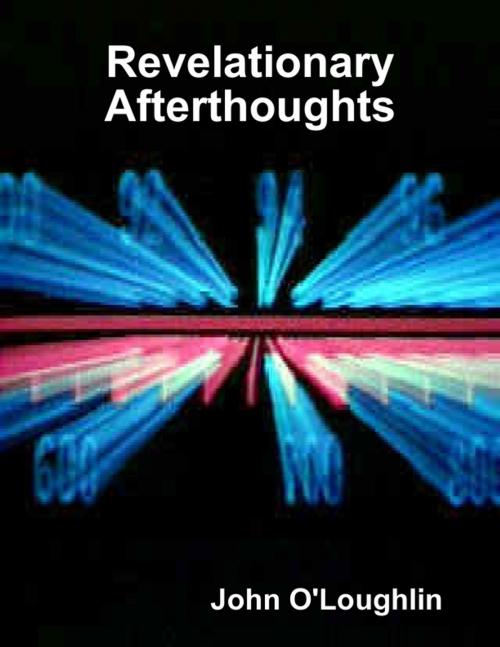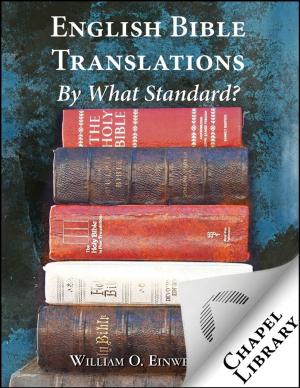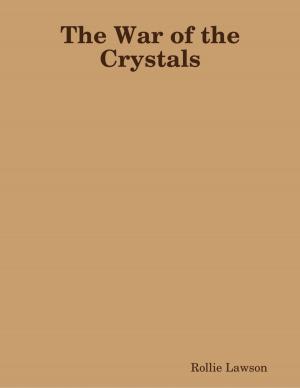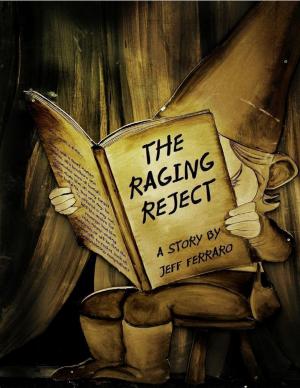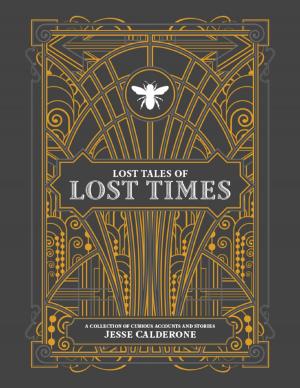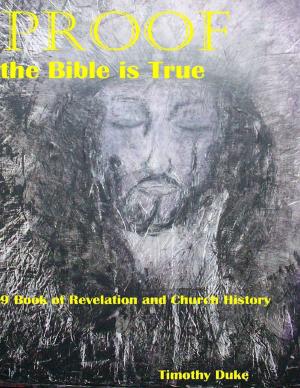| Author: | John O'Loughlin | ISBN: | 9781446681015 |
| Publisher: | Lulu.com | Publication: | January 30, 2013 |
| Imprint: | Lulu.com | Language: | English |
| Author: | John O'Loughlin |
| ISBN: | 9781446681015 |
| Publisher: | Lulu.com |
| Publication: | January 30, 2013 |
| Imprint: | Lulu.com |
| Language: | English |
REVELATIONARY AFTERTHOUGHTS continues in the exactingly comprehensive vein of 'The Free Testament' (2003), with a cogent presentation of its material that deserves to be regarded as revelationary ['revelatory', though grammatically more correct, would hardly suffice in this context], not least in respect of its understanding of the relationship between evil and good, which rather conflicts with common usage, as does much else in this original text which is the prequel to 'Revolutionary Afterthoughts' (hence in part the use of 'revelationary') and thus forms part of a continuum of ideologically-related metaphysical texts whose form is appropriately aphoristic.
REVELATIONARY AFTERTHOUGHTS continues in the exactingly comprehensive vein of 'The Free Testament' (2003), with a cogent presentation of its material that deserves to be regarded as revelationary ['revelatory', though grammatically more correct, would hardly suffice in this context], not least in respect of its understanding of the relationship between evil and good, which rather conflicts with common usage, as does much else in this original text which is the prequel to 'Revolutionary Afterthoughts' (hence in part the use of 'revelationary') and thus forms part of a continuum of ideologically-related metaphysical texts whose form is appropriately aphoristic.
